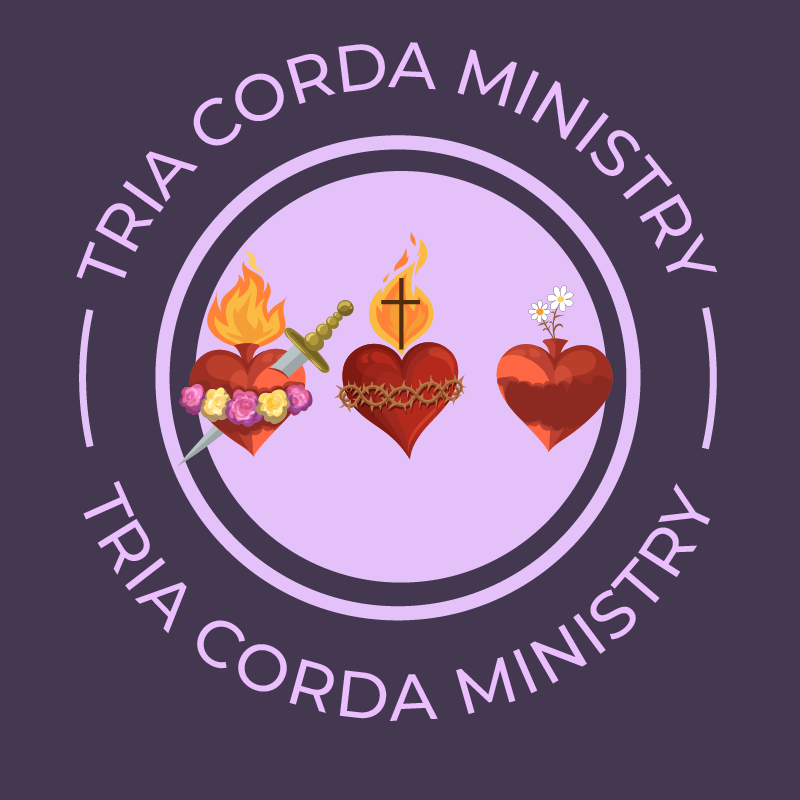How Gender Changes the Effects of Trauma

So far, we have reviewed how trauma can impact many different areas of life. However, sometimes, these effects can be different between men and women, especially in the areas of PTSD and friendships. We will talk about these findings below.
Before we begin, it is essential to remember that just because someone has experienced trauma does not mean they are doomed to develop these outcomes. And if a person has developed a particular negative outcome due to trauma exposure, they are not necessarily doomed to have it forever. Healing and resilience are possible, and many factors can prevent these outcomes from happening in the first place, and many factors can lead to their healing if they have occurred.
Trauma’s Effects on Women’s Friendships
Trauma can more negatively impact women’s friendships than men’s friendships. For example, research has found that experiencing trauma can lead to a decrease in a person’s number of friendships, and this effect can be more substantial in women (1). Additionally, women are more likely than men to report never or rarely being helped after first experiencing trauma (2). They are also more likely to seek social support after trauma to try to cope with it and tend to have more negative effects from trauma if they are unable to find it (3). Overall, these findings show that women need social support when recovering from trauma but can find it challenging to find that support, which can ripple out to cause other troubles as a result of trauma.
PTSD in Women
Women are two to three times more likely than men to develop PTSD following exposure to trauma, and they also tend to experience more severe symptoms than men (3). There are many possible reasons for this.
First, women are more likely than men to experience high-impact trauma, such as sexual assault and adverse childhood experiences, which are more likely to lead to PTSD (3). Additionally, women appear to be more likely to develop PTSD after certain types of trauma. Specifically, they are more likely than men to develop PTSD after experiencing a natural disaster, accident, loss, or disease (4).
Second, women are specifically more likely to have flashbacks about the trauma than men, which is a symptom of PTSD. One reason this may be the case is that progesterone, a female sex hormone, is used to create stress hormones, which make the brain more likely to remember highly emotional memories. These highly emotional memories are the basis for these flashbacks (5).
Conclusion
In conclusion, women appear more likely than men to experience some adverse effects of trauma, especially the negative effects on friendships and PTSD.
There is hope for healing and resilience following exposure to trauma. If you or someone you know may be suffering from these adverse effects of trauma, please visit the healing resources page to begin your healing journey.
To learn more about the effects of trauma, please visit the following pages:
